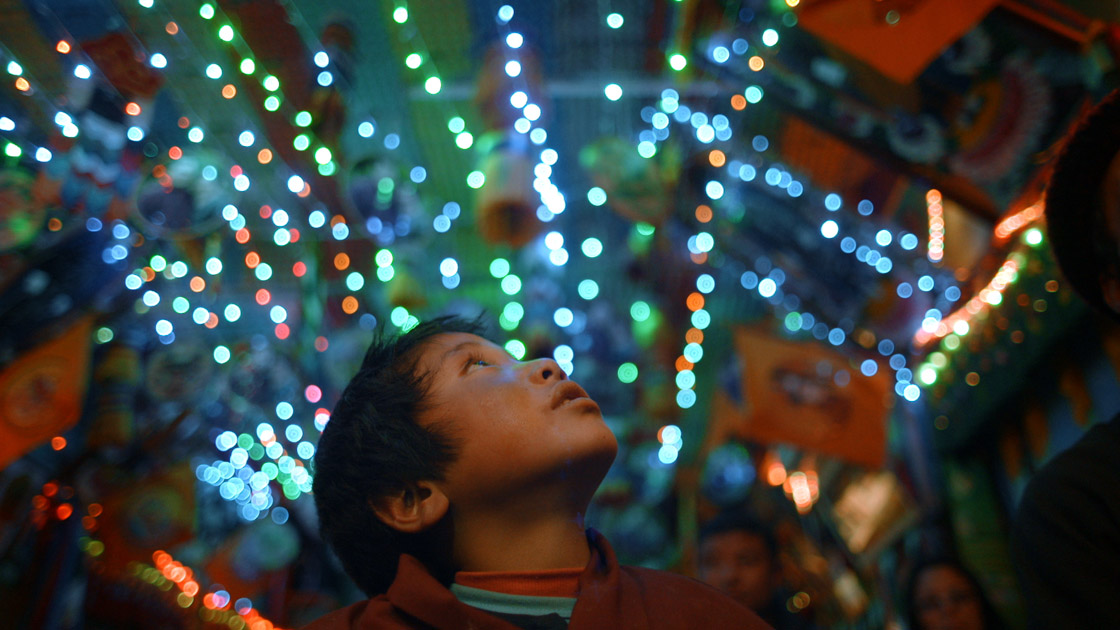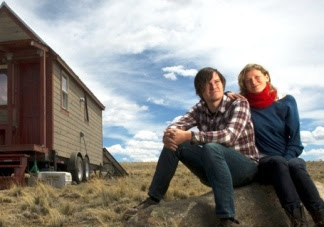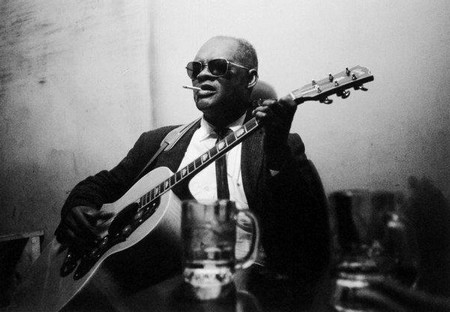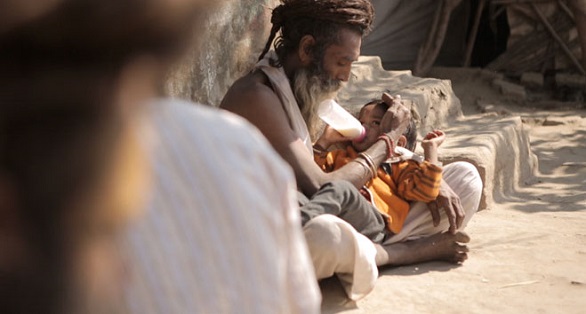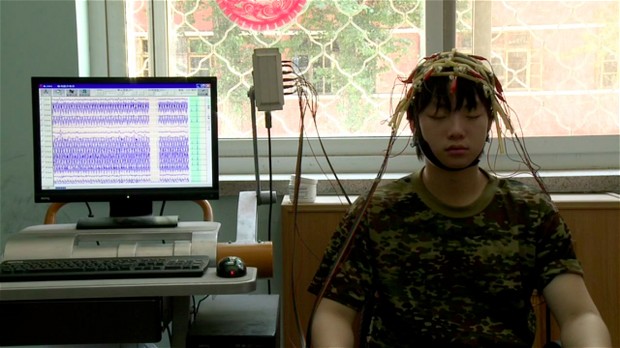ELECTRIC BOOGALOO: THE WILD UNTOLD STORY OF CANNON FILMS
 Saturday, August 2, 2014 at 8:23AM
Saturday, August 2, 2014 at 8:23AM Featuring: Michael Dudikoff, Lucinda Dickey, Richard Chamberlain, Catherine Mary Stewart, Cassandra Petersen, Robert Forster, Bo Derek, Alex Winter, Sybil Danning, Tobe Hooper, Adolfo Quinones (aka, Shabba-Doo), Sam Firstenberg and Gary Goddard.
Writer/director: Mark Hartley.
Screening at Melbourne International Film Festival on Saturday August 2 and Tuesday August 12.
Rating: 4/5
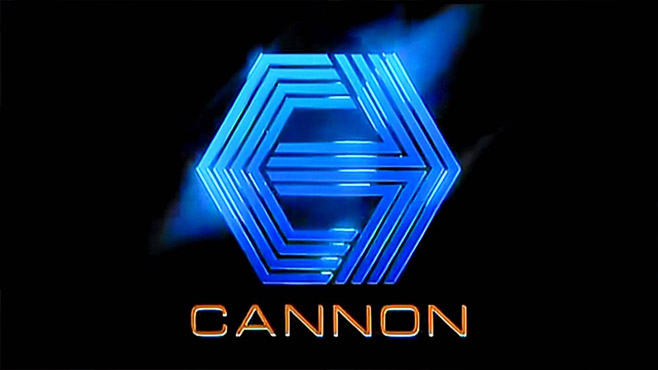
Having chronicled Australia’s unhinged exploitation era in 2008’s Not Quite Hollywood and exposed the madness that was The Philippines film sector with 2010’s Machete Maidens Unleashed!, documentarian Mark Hartley now casts his highly-informed fanboy eye over Israeli-born cousins Menahem Golan and Yoram Globus and their renegade 80s operation, Cannon Films, for his latest, long-in-gestation work, Electric Boogaloo: The Wild, Untold Story of Cannon Films.
Hartley’s films play like wildly enthusiastic thesis submissions from the ultimate student of exploitation cinema. Suitably, the Australian director’s latest reveals a rich vein of excess and chutzpah that paints a picture of old-school operators steeped in shameless B-movie showmanship. More importantly, he also captures two individuals whose love for the cinema of old Hollywood fuelled their ruthless business acumen and boisterous egotism (perhaps explaining the presence of alpha-male moneymen James Packer and Brett Ratner, both on board as producers).
Golan and Globus emerged from an Israeli production community with a great deal of commercial credibility; their 1978 lowbrow teen romp, Lemon Popsicle, had become a domestic blockbuster and the pair became flush with cash. The more senior Golan had stars in his eyes and set about acquiring floundering outfit The Cannon Group, with an eye towards conquering the US marketplace and taking the world by storm.
Hartley’s parade of willing actors, executives and colleagues represents a major coup for the production (the likely contributing factor for the very long period between its inception and MIFF 2014 premiere). Each recall the heady days of Cannon Films ascendency, reminiscing with a mix of face-palming disbelief and warm-hearted sentiment, accompanied by a myriad of clips. Generation X-ers who spent weekends paying overpriced rental rates to watch Cannon ‘stars’ such as Lucinda Dickey, Michael Dudikoff and Catherine Mary Stewart will inevitably feel the glow of sentimental warmth upon seeing their aging heroes; serious film buffs will warm more to the likes of Franco Zeffirelli and Barbet Schroeder, who contributed some of Cannon’s more credentialed works (1986’s Otello and 1987’s Barfly, respectively).
Befitting a glimpse inside the ruthless world of B-movie maneuverings, there is some snark dished out to celebs who refused to be involved (in particular, a brash, young starlet named Sharon Stone) and on those who good-naturedly appeared on camera (Death Wish series director, the late Michael Winner, who acknowledges his occasionally prickly take on creative control). Largely anti-hagiographic, Hartley also rakes his subjects over the coals; in one hilarious montage, they are labelled all manner of insulting terms (both Golan and Globus refused to appear in the film, instead authorising their own bio doco, The Go-Go Boys).
The film often focuses on Menahem Golan’s superb up-selling of dubious elements (the sad rehashing of Charles Bronson’s Death Wish franchise; the infamous Superman IV debacle; the pointless insertion of T&A) and the subsequent box-office fortunes. This approach largely sidelines the role that the VHS boom played in the company’s bottom line. Presumably, the global impact of the home video craze is a subject best saved for its own doco, but Hartley’s decision to focus on anecdotal making-of memories and “What was I thinking?” mock-remorse robs his film of some important contextual information.
Nevertheless, Electric Boogaloo (after Cannon’s famously misguided 1984 break-dancing sequel, although for no discernible reason) is an undeniably fun, insider look at the business of show. Mark Hartley’s factual films are a passionate collector’s take on the obsessive drive to be creative; whether it be low-budget Oz-ploitation practitioners, the insane fearlessness of Pinoy production methods or the battering-ram ambition of two Israeli showmen, the Australian director understands their motivation and affords them the respect and affection they deserve…and then some.
(Note: The version reviewed was awaiting some final post-production elements. Due consideration has been given to its incomplete status).
 80s Cinema,
80s Cinema,  Cannon Films,
Cannon Films,  Documentary,
Documentary,  Golan Globus,
Golan Globus,  MIFF,
MIFF,  Mark Hartley
Mark Hartley 




